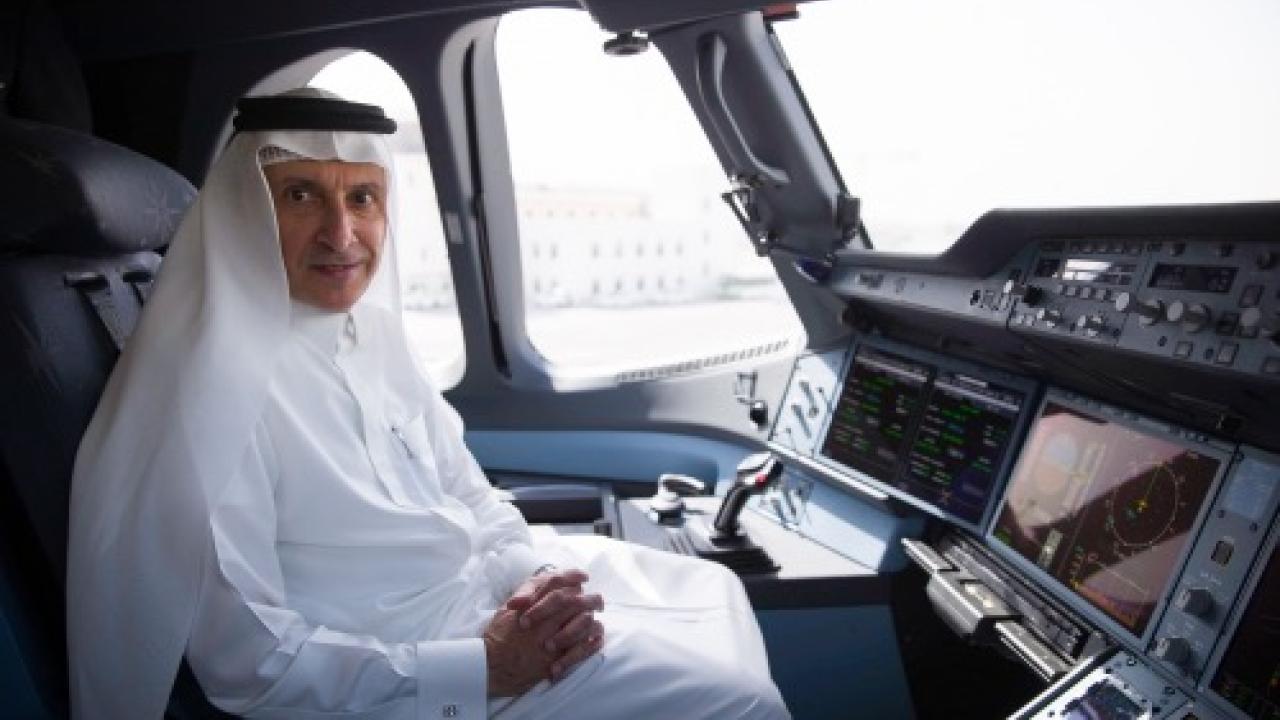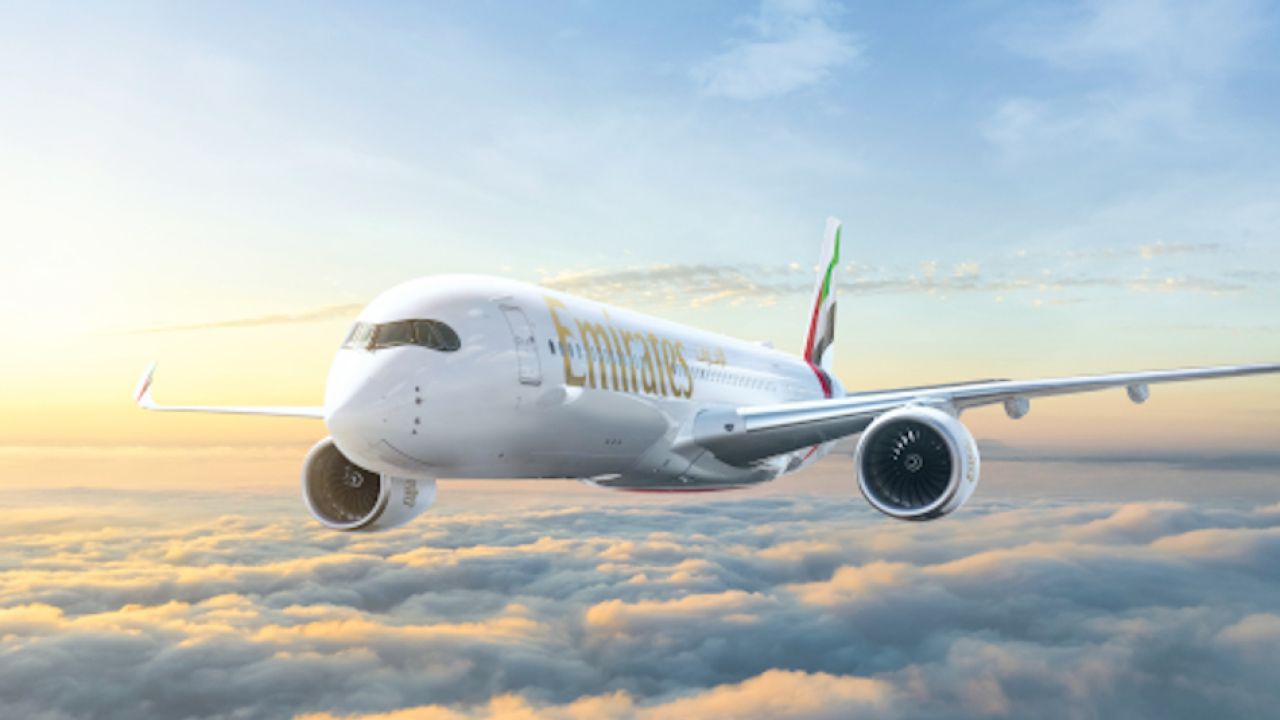Man on an emission

Picture: Airbus
Over the last few months, Qatar Airways has been reinstating many of the air services that were cut or reduced during the peak of the Covid-19 pandemic.
By June last year, the Gulf carrier had repatriated more than 1.8 million passengers and transported at least 175,000 tonnes of medical aid.
Fast forward to summer 2021 and the airline plans to serve more than 140 destinations. Beyond that, new aircraft, cabin products, and new partnerships are on the horizon.
Key to the airline’s strategy is its fleet. “The mainstays of our airline are the 787s, which are extremely fuel-efficient, and the Airbus A350,” said Al Baker.
Including aircraft on order, the airline has 53 A350s in the fleet and 40 787 dash eights and nines. However, in early June, it was reported that the surface below the paint on some of its A350s was deteriorating faster than expected and the carrier insisted it would not take more deliveries of the carbon-composite wide-body jet until the problem was resolved. Airbus will, no doubt, be working hard to speedily resolve the situation.
Qatar Airways has also stopped using its A380 fleet.
“We have grounded the A380 simply because it is a very fuel inefficient aircraft and, at the same time, I do not think there is a market for it in the foreseeable future,” said Al Baker.
Clearly, those A380s are still young airframes. However, Al Baker admitted that, looking back, purchasing the superjumbos was a mistake. “People who have large numbers of A380s are going to suffer in two ways; one is operating costs and, secondly, people who are very conscious about emissions will avoid travelling on an A380,” he said.
“I know the passengers love it and it’s a quiet and smart aeroplane, but the damage it does to the environment should be the priority, and not the comfort.”
Key to the future of the fleet will be the new 777X aircraft, which are scheduled for delivery from 2023 to replace the current triple sevens.
Al Baker expressed confidence in Boeing delivering the aircraft on time and said Qatar would be ready to take delivery of the aircraft. “The only problem is other suppliers; there is huge pressure on the supply chain, due to the pandemic, and due to this sudden production drawback by both airlines and aircraft manufacturers, where airlines want to delay the delivery of their aircraft because of the downturn in business.”
Better for the planet: Qatar plans to continue to invest in aircraft with lower emissions. Picture: Airbus.
Al Baker highlighted the pressure on the supply chain, especially those that supply small but vital parts for aircraft.
Qatar is also expecting some 50 A321neos, of which some are the long-range (LR) versions. Al Baker confirmed that the airline will take all the aircraft on order.
“The LR is a perfect aeroplane for us to use when the trend is off-season, so that we don’t go with something with, maybe, a 60% load factor,” he explained. “The 321 gives us the optimum volume that we need to operate off-season into intercontinental routes.”
So, the A321LR is an ideal fit but Al Baker is put off by the even longer-range forthcoming A321XLR. “We are not interested in them. I don’t want to put my passengers in a narrow-body aircraft travelling nine and 10 hours,” he said.
Qatar plans to continue to invest in aircraft that have lower emissions and are environmentally credible, and Al Baker has called on aircraft manufacturers, engine manufacturers, and fuel suppliers to invest in R&D to come up with new technology.
“The OEMs are avoiding investing money, but they need to use the windfall profits they make when they sell aeroplanes in order to protect our environment and help airlines, like Qatar Airways, to reduce emissions and to have growth with zero emission increase when we are expanding,” he said.
With regards to becoming a carbon neutral airline, Al Baker made no promises but is adamant that he wants to do everything possible to invest in new technology, which will keep on reducing the emission footprint.
Stay up to date
Subscribe to the free Times Aerospace newsletter and receive the latest content every week. We'll never share your email address.

